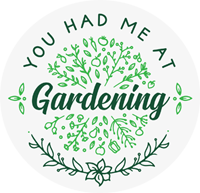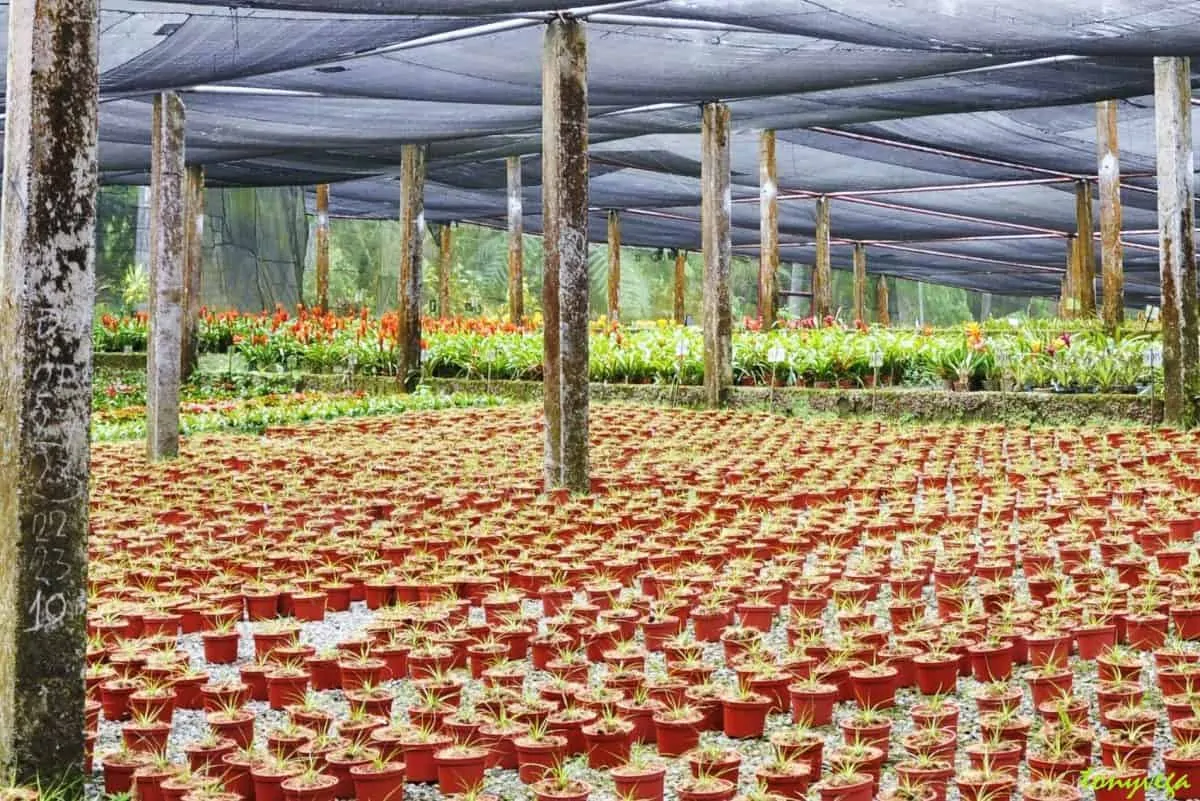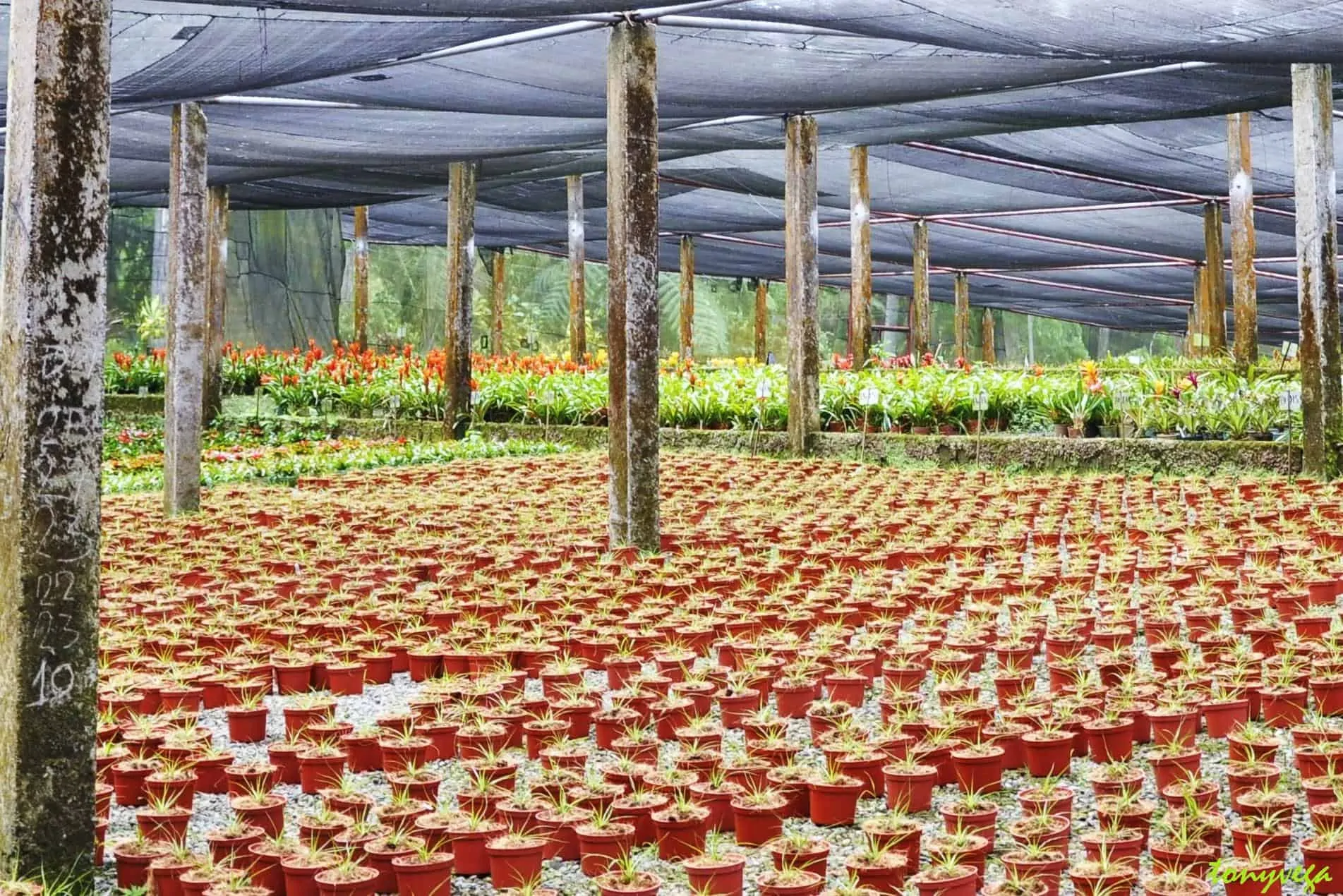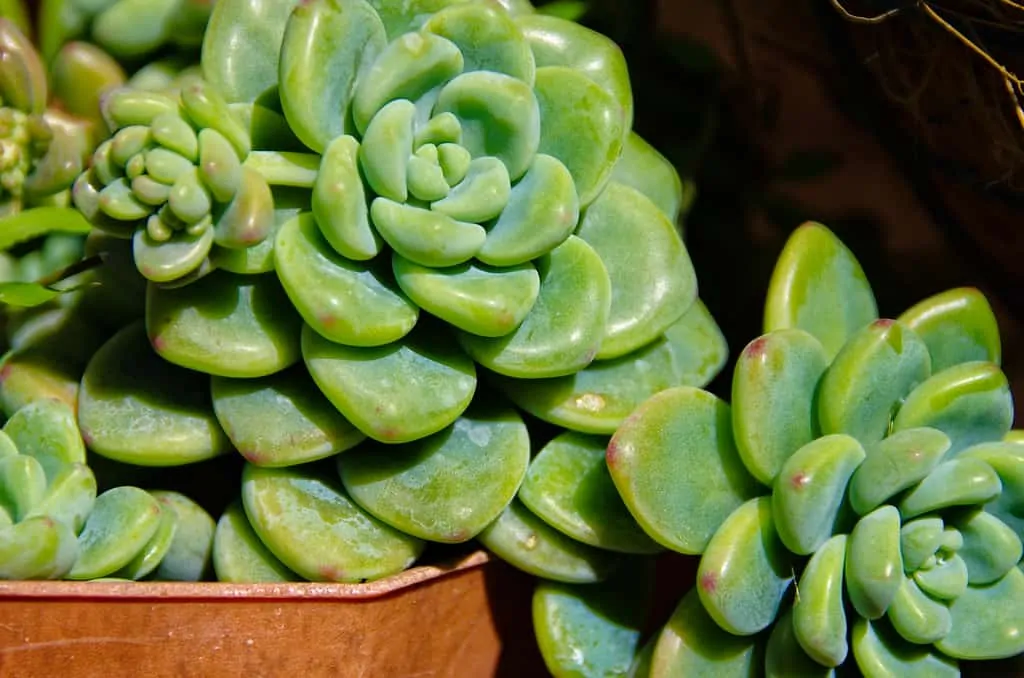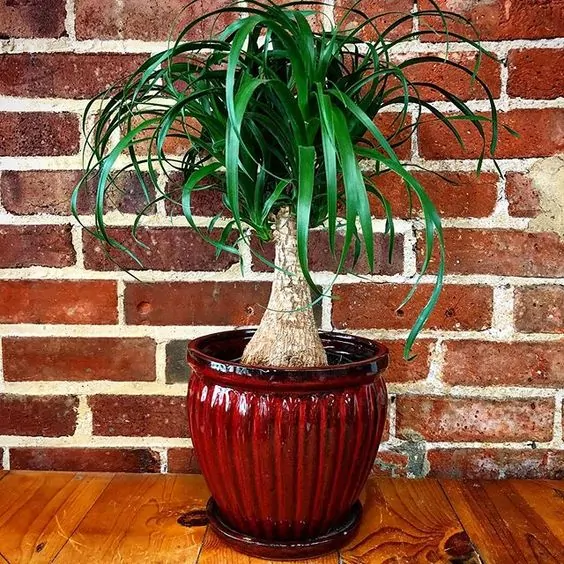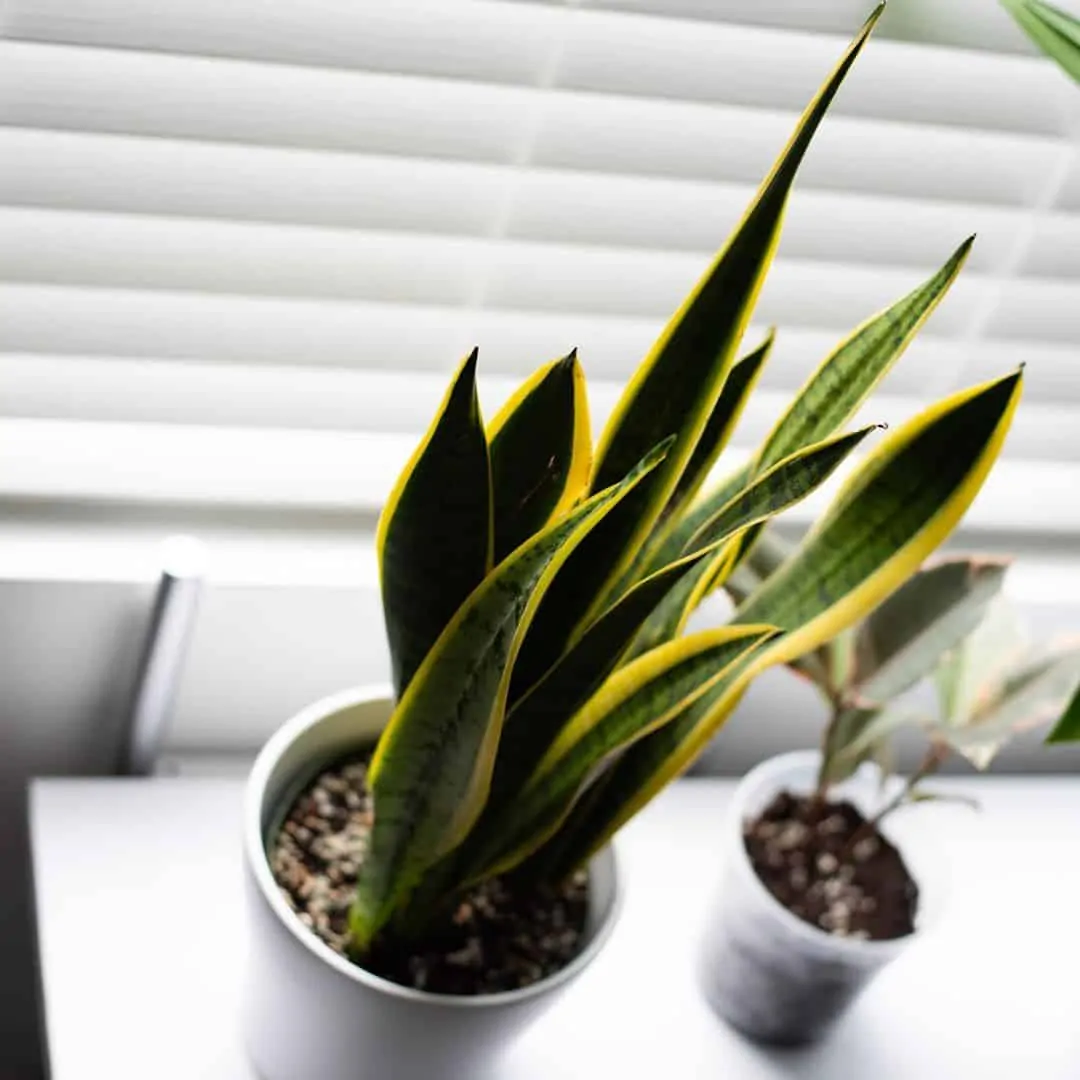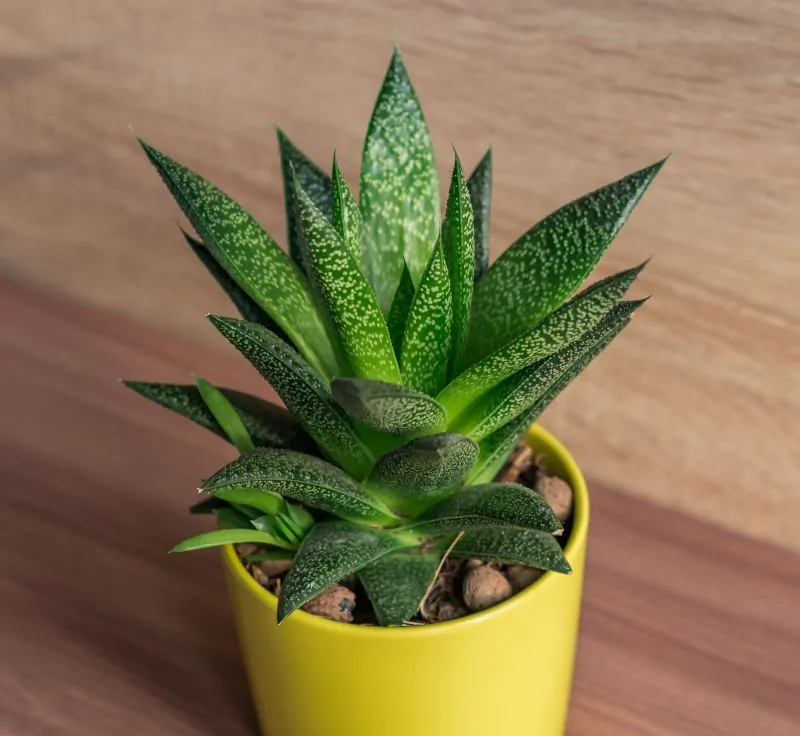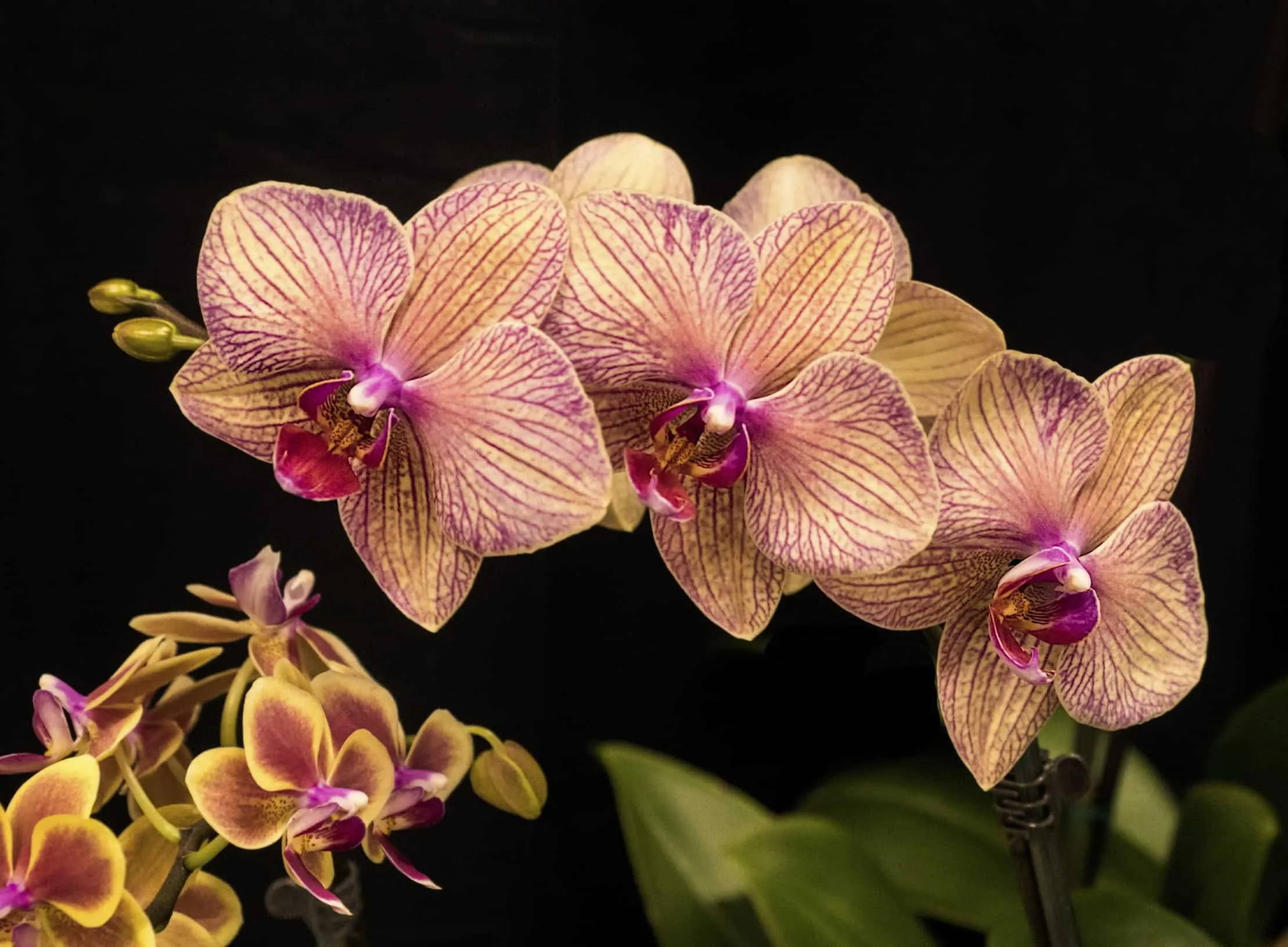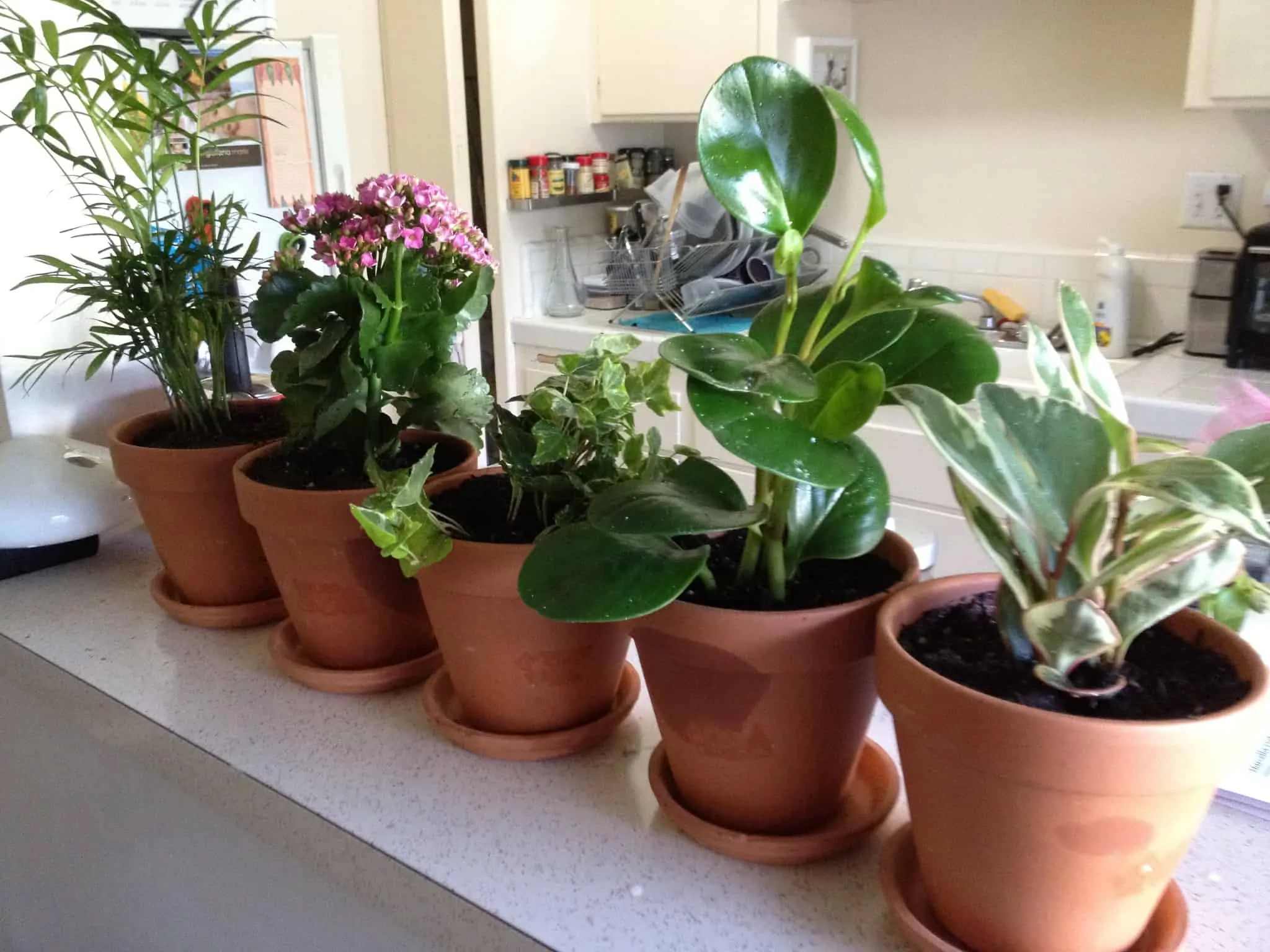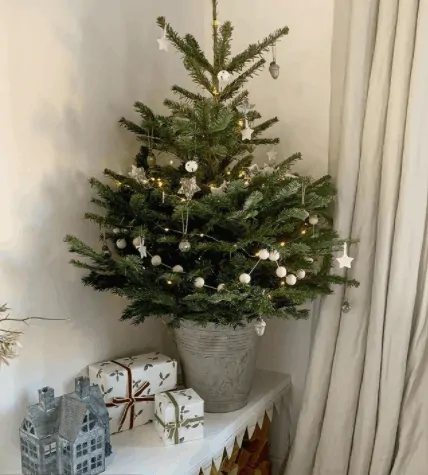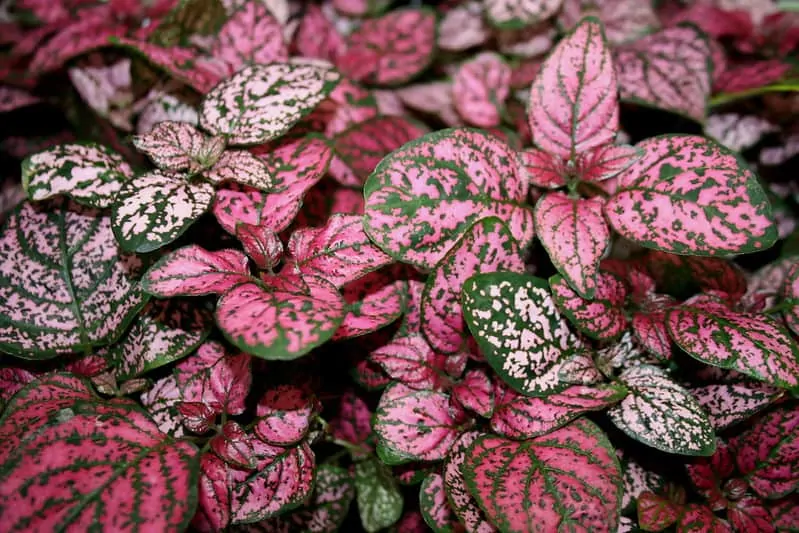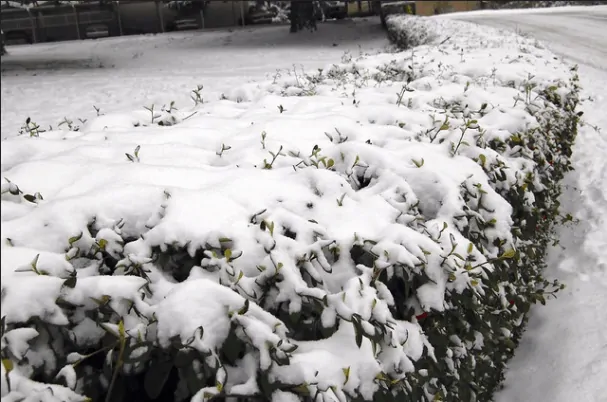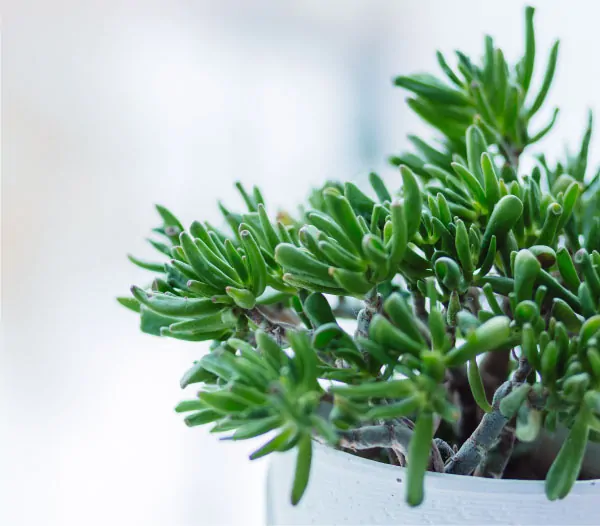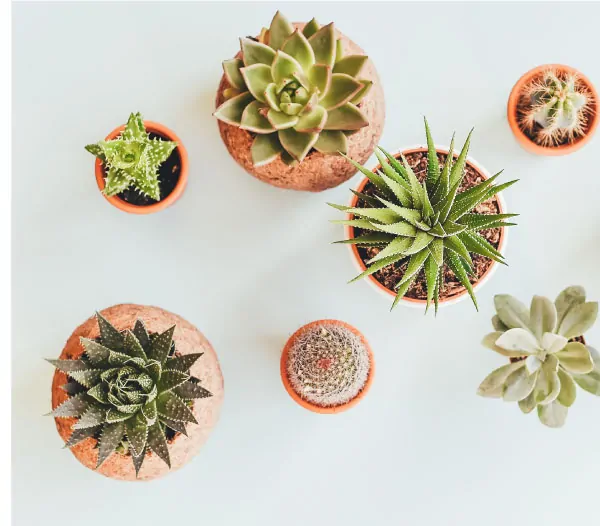Nursery Plants You Can Adopt Today
Growing plants and caring for them are very different things. If you don't have the patience to wait for your seeds to sprout or for your cuttings to root, consider getting nursery plants already grown!
What Are Nursery Plants?
Plant nurseries are vital for amateur and experienced gardeners alike because while a plant may be easy to care for once grown, the propagating process can be tricky, difficult, or inefficient. But that doesn’t mean they are bad, or hard to care for. In fact, some of the easiest plants to look after are featured on this list. Take a look at these ideas for nursery plants you can adopt today!
Most plants we talk about on this site are nursery plants, including all flowering plants we talked about. This means that experts propagate them, plant them in small pots and care for them until they are ready to be sold, and only then do they make their way to store shelves. Any plant that we mentioned is store-bought or didn’t specifically show you how to grow from seeds is probably a nursery plant.
Nursery Plants You Can Adopt Right Now
1. Succulents
We talked and talked about succulents, the types of succulents out there, and how to take care of them, how to arrange them, and where you can keep them. They are among the easiest plants to care for and while you can propagate them yourself, you most likely got your first succulent in a cute little pot, either from a gardening store or as a present from a friend.
2. Palm trees
There are some small types of palm trees available if you are low on space. And we have a handy guide on how to take care of them once they are in your house. That being said, palm trees are the kind of plant you buy from a gardening store and struggle to get home in your car, meaning that it first grew up in a greenhouse, under close supervision.
3. Snake plants
These evergreen tropical plants are practically impossible to kill, but propagating them is a tricky business. Like Aloe, they don’t have a central stem you can cut so it’s best to leave the experts to manage to grow these plants and buy them from a nursery. Stick to giving them the very basic care they need.
4. Aloe
As I said above, it’s best to leave aloe propagation to the experts. You can try to grow your own, from pups, with the method detailed here, but the first plant has to come from somewhere. That somewhere is a plant nursery where hundreds of pots with many types of aloe are grown together. Instead, you can plant them in your garden or look after them in a pot indoors!
5. Orchids
These nursery plants are technically tropical plants, but they are a bit more pretentious than average. They need specific watering patterns, soil, and fertilizer. This is why getting orchids to flower again is a bit tricky and why you usually buy potted orchids already in bloom.
6. Tropical plants for Nursery Garden
This is more a category of plants rather than one single plant, but it includes your favorite low maintenance plants, from the Swiss cheese plant to the ZZ plant and most large indoor plants. Because these nursery plants need special temperature and humidity conditions to grow, it’s easier to buy them as young plants than to grow them. This is why they are grown in nurseries and available to buy even if you can grow them at home.
7. Christmas trees
Christmas trees are probably the first thing you think about when you hear “plant nursery”. True enough, they are the most popular and marketed kind of nursery, due to the growing demand for more eco-friendly alternatives to plastic and more sustainable alternatives to cutting down trees. You can keep these fir trees in their pot and take care of them for the rest of the year or you can plant them in your garden. Christmas trees get along nicely with poinsettia and they are both significant during the Christmas season because they are considered Christmas plants.
8. Polka dot plants
Did you ever stop to wonder where the polka dot plant you are gifting is coming from? No? probably it comes from a nursery. This is why in the stores you have multiple kinds to choose from. Polka dot plants are not the easiest to take care of, let alone multiply, so just enjoy the foliage and leave the experts to propagate them.
9. Shrubs
Many shrubs in your garden and in any garden you have seen are grown in nurseries and transplanted in their new spot. There’s nothing wrong with that, if anything it’s a good thing. This is how we can get plants that bloom in winter to grow. They thrive in the cold so they are grown in cold nurseries. Warm-weather shrubs are grown in nurseries too, just like drought-tolerant ones. In fact, most if not all shrubbery comes are nursery plants.
Nursery Plants Vs. Home Grown Plants
PROs
✔️Nursery plants are healthier overall
✔️They do not come with pests
✔️You can be sure you will have the plant when you want it
✔️It’s faster and easier to get a nursery plant
✔️You have the option to get plants you wouldn’t be able to grow otherwise
CONs
❌Nursery plants usually go through a wilting after leaving the nursery
❌They are more fragile
❌You need to fertilize, as the plants are used to feedings
Final Thoughts
What do you think about nursery plants? Is there a plant that surprised you on this list, or one that you want to get? Start a conversation in the comment section below and happy planting!
